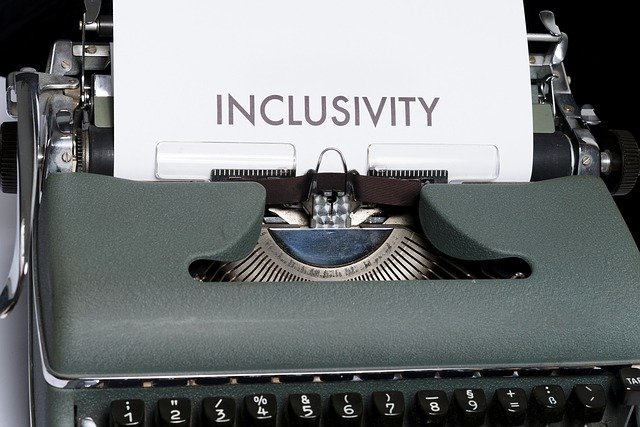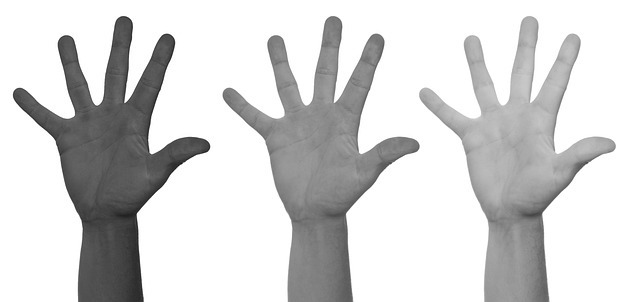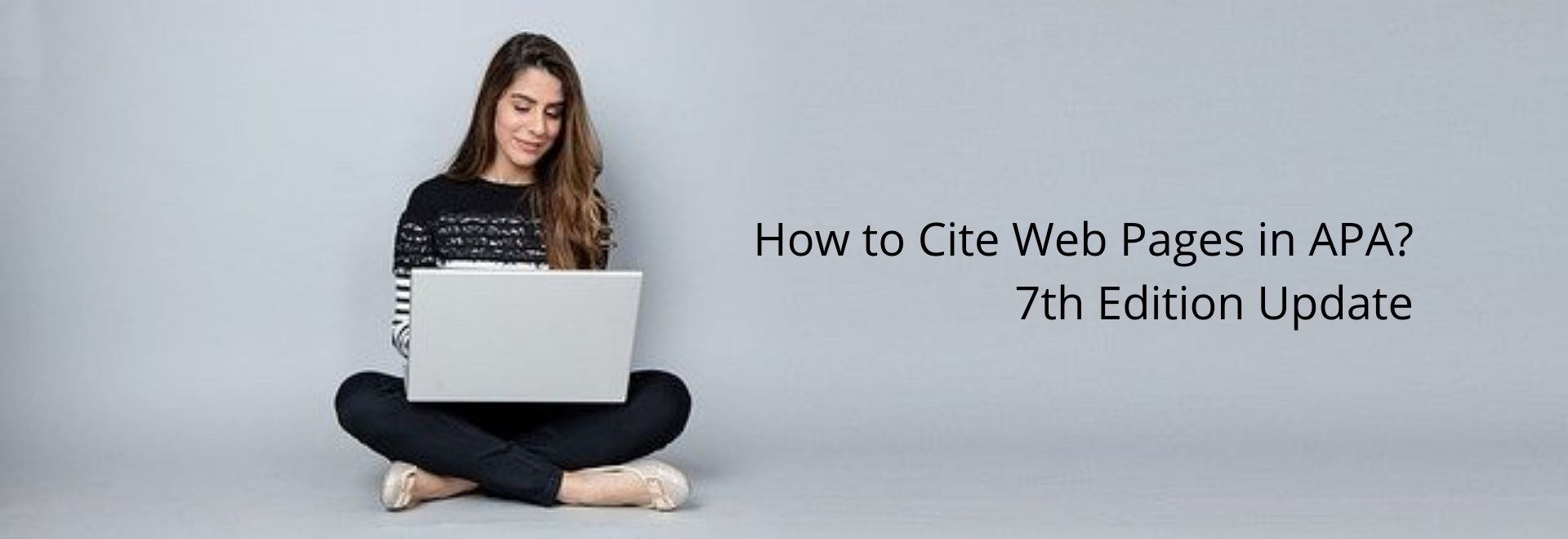The American Psychological Association highlights the need to talk about all people with inclusivity and respect. Writers adopting APA 7th edition must strive to use bias-free language and avoid perpetuating prejudicial beliefs or demeaning attitudes in their writing.

APA Style
APA is the official style of documentation of academic sources used by the American Psychological Association (APA). It is considered one of the most commonly used styles in the academic field. It is especially used for citing sources within the field of social and behavioral sciences.
The American Psychological Association (APA) introduced the 7th edition of the APA Publication Manual in 2019. This edition replaced the previous one, the 6th edition of the manual. Since then, several things have changed. As emphasized on the official APA website, The American Psychological Association highlights the need to talk about all people with inclusivity and respect. Writers adopting APA 7th edition must strive to use bias-free language and avoid perpetuating prejudicial beliefs or demeaning attitudes in their writing.

The APA guidelines for bias-free language contain both general guidelines for writing about people without bias across a range of topics and specific guidelines that address the individual characteristics of age, disability, gender, participation in research, racial and ethnic identity, sexual orientation, socioeconomic status, and intersectionality. These guidelines and recommendations were crafted by panels of experts on APA’s bias-free language committees(apa.org). Thus, the new edition of the APA Manual encourages authors to use bias-free language and help them reduce bias around topics such as gender, age, disability, racial and ethnic identity, and sexual orientation.
The 7th edition of the APA Publication Manual encourages authors to use bias-free language and help them reduce bias around topics such as gender, age, disability, racial and ethnic identity, and sexual orientation.
The new edition encourages authors to use they/their instead of he/she or his/her. Thus, avoid using “he or she” to refer to people of unspecified gender.
Use words to define characteristics relevant and distinguishing among people.
Be specific about age ranges, types of conditions, gender identity, origins and affiliations of people, sexual orientation, and their socio-economic background or status.
Here are some examples:
The singular “they” or “their” is endorsed as a gender-neutral pronoun.
|
APA 6th Edition |
The results will depend on how he or she analyzed the data at hand. |
|
APA 7th Edition |
The results will depend on how they analyzed the data at hand. |
Use descriptive phrases instead of using adjectives as nouns to label groups of people.
Transsexuals (Incorrect)
Transgender people (Correct)
Instead of using broad categories, give specific ages ranges
People 50 and over (Incorrect)
People in the age range of 50 and 60 (Correct)

For more information about the citation styles and APA style, read the following articles:
The 9 Most Important Changes in the 7th Edition of the APA Manual
How to Present Tables and Figures in APA Style (7th edition)
How to Cite Sources in APA Referencing Style? | With APA 7th Edition Update
Best Edit & Proof expert editors aim to provide your manuscripts with proper scholarly and academic tone and style. They will significantly improve the chances of having your research manuscript accepted for publishing. They provide subject-area proofreading and editing services in several fields categorized under various disciplines. With our extensive knowledge and expertise, we will help you find the right tone and style for your manuscript.
If you need our subject-area editors to format your manuscripts, giving you the fundamental rules for formatting your manuscripts as described in your guidelines, such as APA, MLA, or Chicago/Turabian styles, then contact us. At Best Edit & Proof, our proofreaders and editors edit every type of academic paper. We have a user-friendly website, and a simplified the ordering process.
If you would like our subject-area editors and language experts to work on your project for the improvement of its academic tone and style, then please visit the order page. It is easy! It takes only a few minutes to submit your paper and complete the process. Click here to see how it works.
We have flat-rate pricing based on our type of service (editing or proofreading), word count, and turnaround time. Enter your word count or copy and paste your document into our pricing calculator to get an instant quote.
If you need support for editing and proofreading services, contact us. You can also e-mail us or use the 24/7 live chat module to get direct support. We have a 24/7 active live chat mode to offer you direct support along with qualified editors to refine and furbish your manuscript. Alternatively, you can text us through our WhatsApp business line.
Follow us on Twitter, LinkedIn, Facebook, and Medium to get updated information and news about Best Edit & Proof.
For more posts, click here.
This short guide discusses the bias-free language approach adopted by the 7th edition of the APA Manual Publication. To give you an opportunity to practice your proofreading, we have left a few spelling, punctuation, or grammatical errors in the text. See if you can spot them! If you spot the errors correctly, you will be entitled to a 10% discount.
How to Cite Sources in APA Referencing Style | With APA 7th Edition Update
30.11.2020
Importance of Citations in Academic Writing
05.03.2022
How to Use ‘‘et al.’’ in APA Style (7th Edition)
28.11.2020
A Complete Guide to MLA In-Text Citations
01.06.2021
MLA Paper Format: How to Format a Paper in MLA Style
31.05.2021
How to Format DOI in APA Style (APA 7th Edition Update)
29.11.2020
How to Cite Web Pages in APA Style (7th Edition Update)
16.12.2020

If you are just beginning to write a thesis, a dissertation, or an article for a peer-review journal, you will fumble upon countless new writing styles, fonts, formats, and citation styles. Academic writing differs from other forms of writing as it often follows a set of structures, involves the use of formal language, grammar, and words. This article aims to clarify everything concerning citation and citation styles so that you can select which one to opt for while writing your thesis, dissertation, or research paper.
Continue Reading.jpg)
This handout discusses how to present tables and figures in APA style. APA Style offers a specific guideline for formatting tables and figures. In the 7th edition guideline, APA updated the formatting of tables and figures. This article shows how to format numbers, titles, bodies, headings, and notes in APA style.
Continue Reading
The American Psychological Association (APA) introduced the 7th Edition of the APA Publication Manual in 2019. This edition replaced the previous one, the 6th Edition of the manual. Since then, several things have changed. The latest edition also updated listing web pages in the 7th edition of the APA Manual Publication
Continue Reading